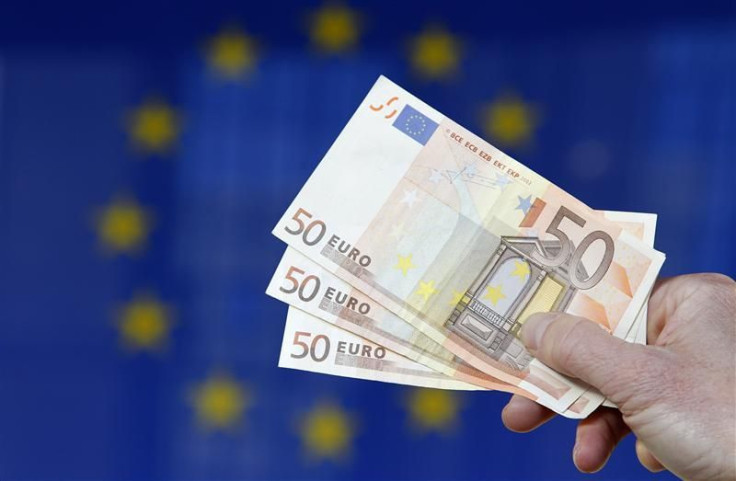German Investor Confidence Posts Largest Jump Ever in January

German Investor confidence rose sharply in January as cheap, long-term loans provided by the European Central Bank soothed the financial markets, suggesting that Europe's strongest economy may dodge the recession now threatening much of the Eurozone.
The ZEW Indicator of Economic Sentiment for Germany increased by 32.2 points in January 2012, the largest increase ever recorded. The indicator now stands at minus 21.6 points, the highest level since July 2011. Economists polled by Reuters expectedfor an increase to minus 50.
Nevertheless, the indicator is still well below its historical average of 24.5 points, the Mannheim-based ZEW economic think tank said Tuesday.
What this survey suggests is that whatever contraction may have occurred in the German economy is not expected to last, and that we should see some stabilization if not some return to growth in due course, Andrew Wroblewski, chief U.K. and eurozone economist at Decision Economics Inc, told the International Business Times.
The January increase suggests that within the next six months, German economic activity is likely to stabilize instead of deteriorating further, even as the sovereign debt crisis threatens to put Germany -- the strongest economy in the Eurozone -- into recession.
ZEW noted that improved economic data from the United States as well as the recent decline in yields from Spanish and Italian government bonds may have contributed to the indicator's increase.
In December, the European Central Bank moved to flood the euro-area banks with 489 billion euros ($623 billion) in low-interest, three-year loans, which eased the concerns of illiquidity and bank defaults.
Contrary to repeatedly expressed fears of a recession the assessment of the financial market experts gives reason for cautious optimism that Germany will only experience a dent in economic activity, said ZEW President Wolfgang Franz. Nonetheless, the further development of the debt crisis remains a risk to economic growth.
Even though the German government reported in the middle of the survey period that the country's economy shrank roughly 0.25 percent in the fourth quarter from the third - stoking fear of a recession - the assessment of the current economic situation for Germany has actually improved slightly compared to the previous month. In January, the poll posted a 1.6 point rise to a 28.4 overall rating.
The indicator for the current economic situation in the eurozone has dropped by 7.7 points and now stands at minus 51.8 points.
© Copyright IBTimes 2024. All rights reserved.





















